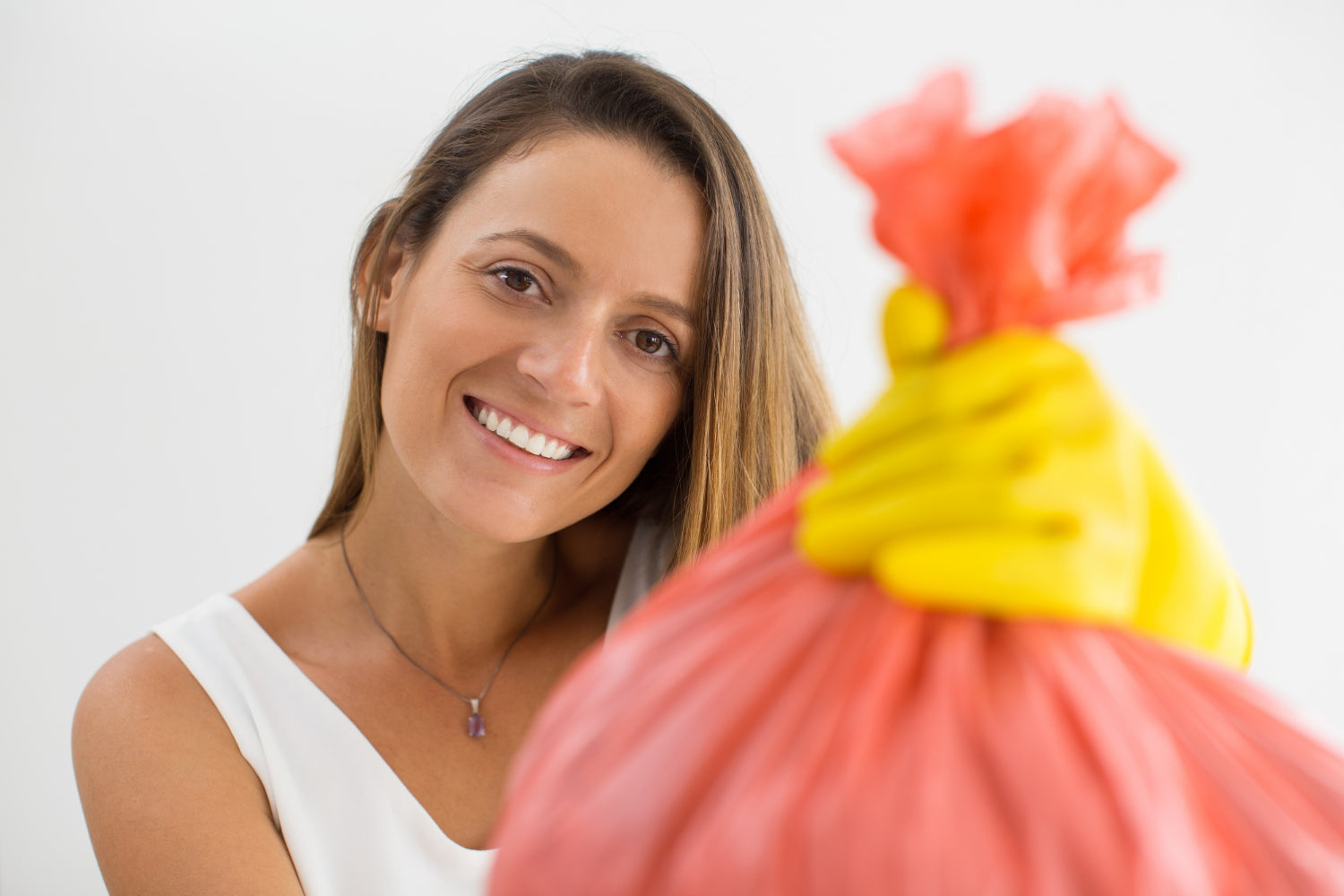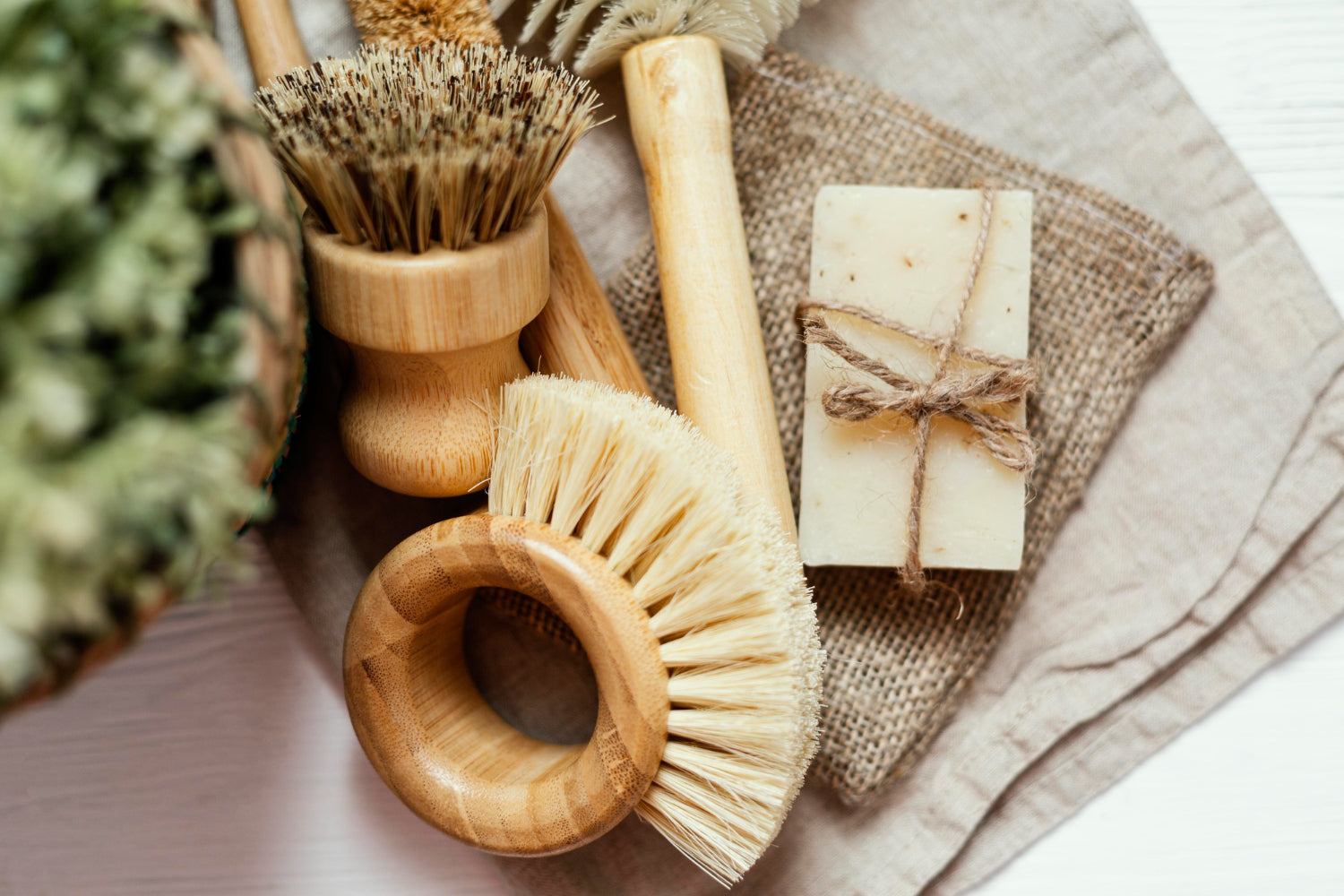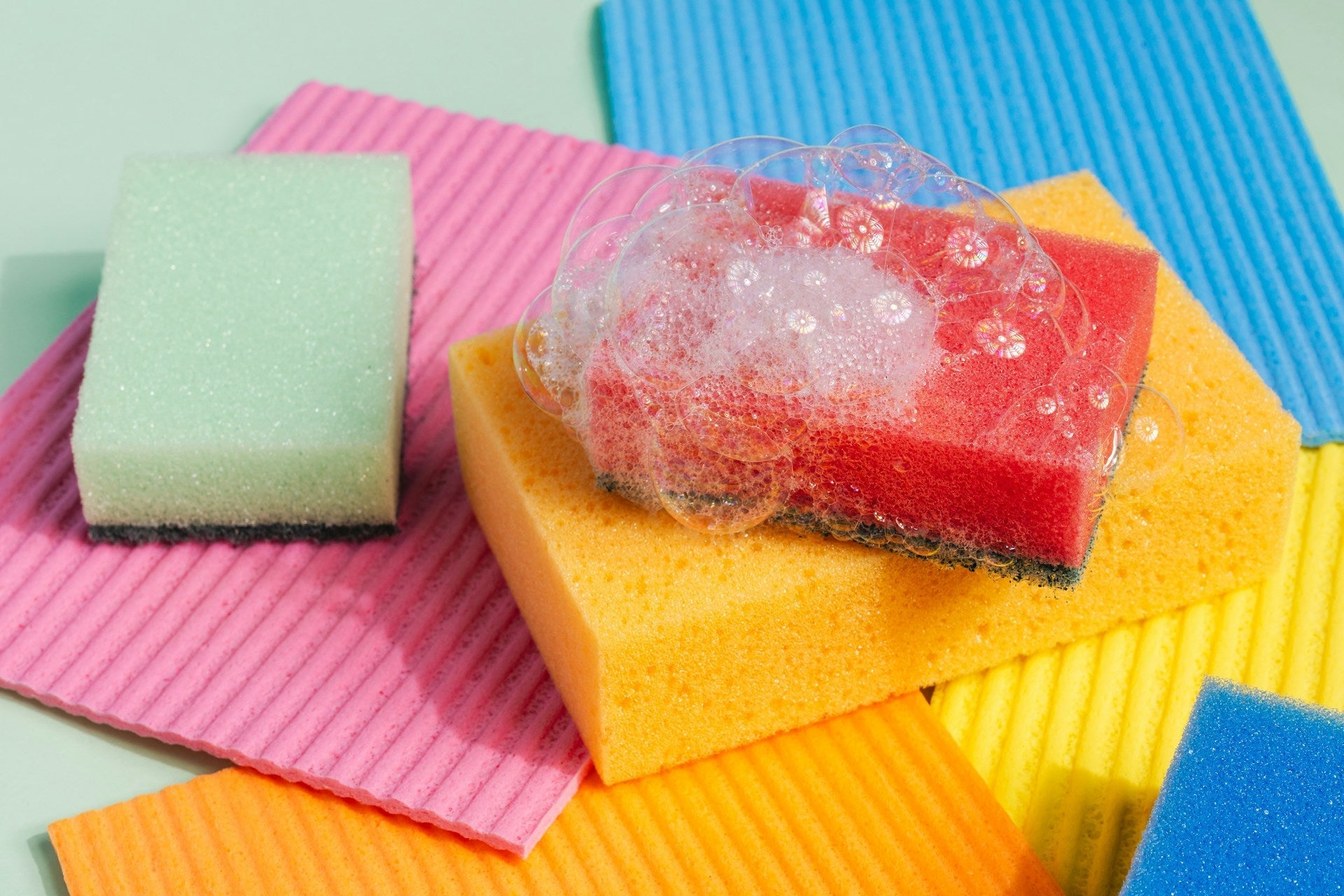Cleaning your home doesn't have to be a chore, especially when you use eco-friendly methods. Traditional cleaning products often contain harsh chemicals that can be harmful to our health and the environment. By switching to natural and sustainable options, you can keep your home sparkling clean and safe for your family. Plus, eco-friendly cleaning is a fantastic way to reduce your carbon footprint.
You don't need to spend a fortune on specialized products to achieve an eco-friendly clean. Many effective cleaning solutions can be made from items you already have in your pantry. Simple ingredients like vinegar, baking soda, and lemon juice can work wonders on grime and stains. These natural products are not only safer to use but also cost-effective and easy to find.
In this article, we'll share some quick and easy eco-friendly cleaning hacks that you can start using today. From DIY natural cleaning solutions to smart household swaps and efficient green cleaning practices, we've got you covered. By the end, you'll also learn how compostable trash bags can play a crucial role in maintaining a cleaner and greener home. Let's dive in and discover how simple it can be to clean sustainably!
DIY Natural Cleaning Solutions
Creating your own cleaning solutions is easier than you might think. You can start with a few basic ingredients that are safe for your home and the environment. One of the most powerful natural cleaners is vinegar. Mix one part white vinegar with one part water in a spray bottle for an all-purpose cleaner. This solution works great on countertops, sinks, and glass surfaces. The acidity of vinegar helps break down grime and kills bacteria.
Baking soda is another cleaning superstar. It's perfect for scrubbing surfaces and getting rid of odors. For a simple yet effective scrub, mix baking soda with a bit of water to form a paste. Use this paste to clean your stove, tiles, and even your bathtub. Baking soda is gentle enough to use on most surfaces but tough on stains and dirt.
Lemon juice is excellent for tackling tough stains and giving surfaces a fresh scent. Combine lemon juice with baking soda to create a powerful cleaner for cutting boards and kitchen counters. The natural acidity and antibacterial properties of lemon make it a great addition to your cleaning toolkit. Plus, your home will smell citrusy fresh!
Smart Swaps for Common Household Items
Making small changes to the items you use daily can have a big impact on the environment. One of the easiest swaps is switching from paper towels to reusable cloth towels. Cloth towels can be washed and reused, reducing both waste and your spending on disposables. Keep a stack in the kitchen for quick cleanups and spills.
Another smart swap is using glass or stainless steel bottles instead of plastic ones. Not only are these materials more durable, but they also keep your drinks colder for longer. Plus, you won't have to worry about harmful chemicals leaching into your beverages. For food storage, opt for glass containers with silicone lids. These are perfect for leftovers and keep your food fresh without the use of plastic.
Consider compostable trash bags for your waste disposal needs. Unlike regular plastic bags, which can take hundreds of years to break down, compostable trash bags decompose quickly and safely when exposed to the right conditions. This swap not only reduces plastic waste but also supports a more sustainable waste management system. By choosing eco-friendly alternatives, you contribute to a cleaner, healthier home and planet.
Efficient Green Cleaning Practices
Switching to green cleaning practices can make your home healthier and reduce your environmental impact. One of the easiest ways to make your cleaning routine more eco-friendly is to use multi-purpose solutions. Instead of buying different cleaners for every surface, try making an all-purpose cleaner with items you already have. Mix one part water and one part vinegar in a spray bottle, and add a few drops of your favorite essential oil. This simple solution works great on countertops, sinks, and even floors.
Another efficient green cleaning practice is to use reusable cleaning tools. Replace paper towels with reusable cloths or microfiber towels. These can be washed and reused multiple times, making them both eco-friendly and cost-effective. For mopping, consider using a reusable mop with washable pads instead of disposable ones.
Cleaning with steam is also an excellent green practice. Steam cleaners use hot water to disinfect surfaces without the need for chemicals. They are perfect for cleaning floors, grout, and even upholstery. Plus, they eliminate germs and bacteria, making your home a safer place for your family.
Using Compostable Trash Bags for a Cleaner Home
Incorporating compostable trash bags into your cleaning routine is another step towards a greener home. These bags are made from natural materials and break down more easily than traditional plastic bags. They help reduce the amount of plastic waste that ends up in landfills. When buying compostable trash bags, look for certifications that ensure the bags meet composting standards. These certifications usually come from organizations like the Biodegradable Products Institute (BPI).
It's essential to use compostable trash bags correctly for them to be effective. First, make sure to separate your trash correctly. Use compostable bags for organic waste like food scraps, coffee grounds, and yard waste. This helps these items decompose properly. Avoid putting non-compostable items like plastics and metals in these bags, as they can contaminate the composting process.
For added convenience, keep a separate container in your kitchen for compostable waste. Line it with a compostable trash bag and empty it into your compost bin regularly. This practice not only keeps your kitchen clean but also makes it easier to manage your waste responsibly. Using compostable trash bags can significantly reduce your reliance on plastic and make your home a more sustainable place.
Conclusion
Adopting eco-friendly cleaning hacks can transform your cleaning routine into a more sustainable and efficient process. From using DIY natural cleaning solutions and smart swaps for household items to implementing efficient green practices, every step contributes to a cleaner home and a healthier planet. Using compostable trash bags is a crucial part of this journey, helping to significantly reduce plastic waste while keeping your home tidy.
Making these small changes in your day-to-day cleaning can have a significant impact over time. Not only will you be creating a safer environment for your family, but you'll also be playing a part in protecting our planet for future generations. Remember, every little action counts when it comes to sustainability.
If you're ready to take the next step in your eco-friendly journey, consider switching to Plastno's compostable trash bags. They offer a reliable and environmentally safe option for managing your household waste. Visit our website to learn more about how you can make your home greener with Plastno.






Share:
Pet-Friendly House Cleaning Tips: Green Solutions for a Clean, Safe, and Sustainable Home
How to Start the New Year with an Eco-Friendly Cleaning Routine